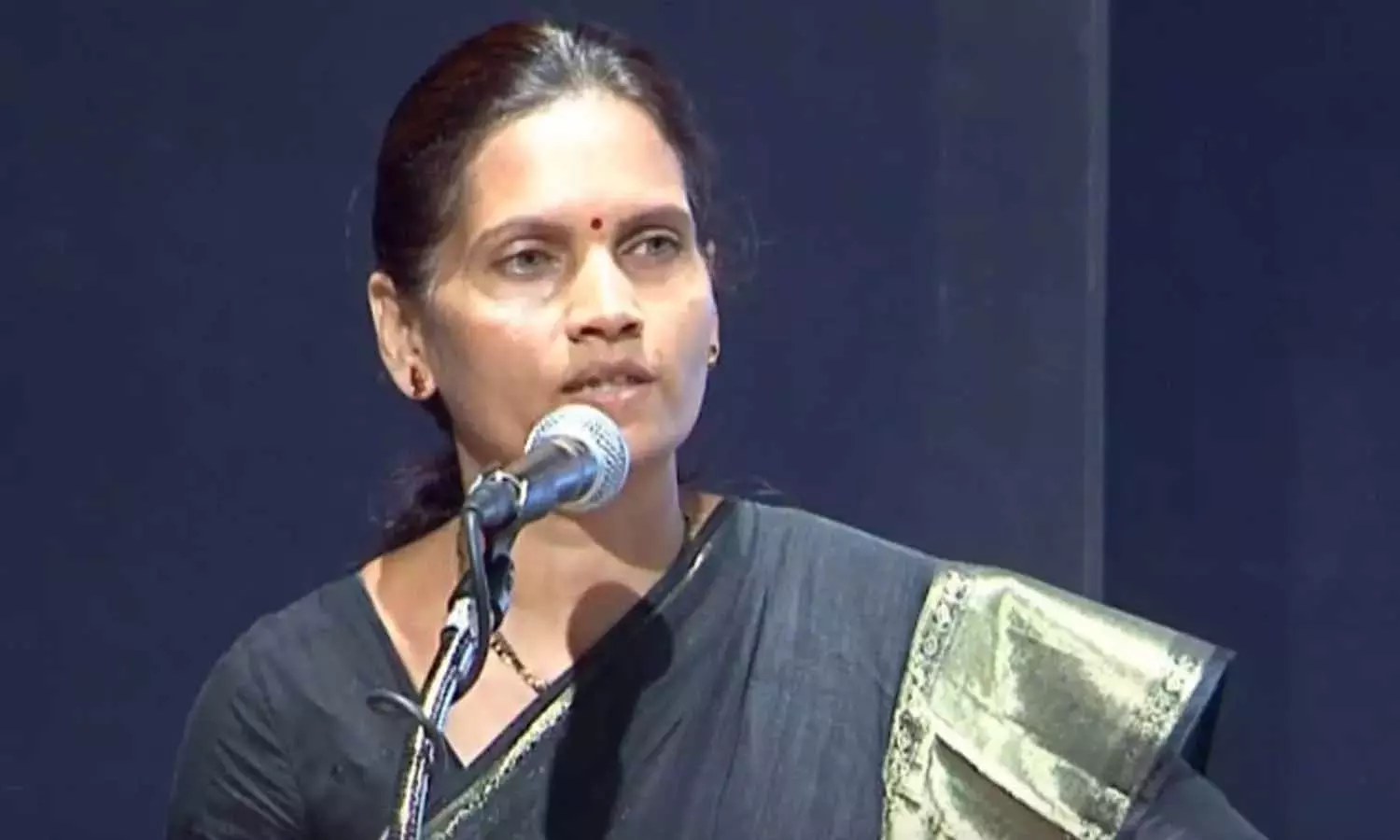Dr Bharati Pravin Pawar,Union Minister of State for Health
The Union Minister of State for Health said AMR is a silent and invisible pandemic that cannot be overshadowed by other competing public health priorities.
The minister said various initiatives undertaken by way of awareness and capacity building, laboratory strengthening, surveillance, infection prevention and control, antimicrobial stewardship and research on newer drugs, diagnostics and innovations have garnered political will at the highest level.
Muscat:
Union Minister of State for Health Dr Bharati Pravin Pawar on Friday that the Indian government has identified Anti-Microbial Resistance (AMR) as a key priority in its National Health Policy, 2017 and it has taken several initiatives to counter AMR “holistically”.
Pawar presented India’s national statement on combating Anti-Microbial Resistance (AMR) at Third Global High-Level Ministerial Conference on Antimicrobial Resistance at Muscat in Oman on Friday.
“Government of India has identified Anti-Microbial Resistance (AMR) as a key priority in its National Health Policy, 2017. We have taken a series of initiatives which strive to build systems to counter AMR holistically,” she said.
The Union Minister of State for Health said AMR is a silent and invisible pandemic that cannot be overshadowed by other competing public health priorities.
Emphasizing its prevalence and subsequent fatal effects, she highlighted that AMR is recognized as global health threat with serious health, political and economic implications, according to a Union Health Ministry statement.
Pawar said, ”It is heartening to note that AMR has already been prioritized by the UN General Assembly, WHO and member states.”
The minister said various initiatives undertaken by way of awareness and capacity building, laboratory strengthening, surveillance, infection prevention and control, antimicrobial stewardship and research on newer drugs, diagnostics and innovations have garnered political will at the highest level.
India’s National Action Plan for containment of AMR (NAP-AMR) was officially released on April 19 in 2017.
“The Delhi Declaration on AMR, which is an inter-ministerial consensus, was signed at the launch of NAP-AMR, by the ministers of the concerned ministries pledging their whole-hearted support in AMR containment,” she further said.
Emphasizing that The National Action Plan for containment of AMR focuses on an integrated One Health approach and involves coordination among various sectors at the state, national and international levels, she said, “National Action Plan for containment of AMR serves to leverage the strengths of various institutions such as National Center for Disease Control, Indian Council Medical Research to coordinate AMR surveillance lab networks, monitor antimicrobial consumption in health facilities, strengthen infection prevention and control, and promote antimicrobial stewardship to optimize the use of antimicrobials.
The Food Safety Standards Authority of India monitors food safety.
Similarly, Indian Network for Fisheries and Animal Antimicrobial Resistance monitor AMR in the animal sector.”
“Collaborate at the international, national and sub-national levels to tackle the development challenge posed by AMR as one family in consonance with the motto of Vasudhaiva Kutumbakam ‘One Earth, One Family, One Future’ of India’s upcoming G20 presidency,” she added.
According to the World Health Organisation, AMR is a global health and development threat. Misuse and overuse of antimicrobials are the main drivers in the development of drug-resistant pathogens.

